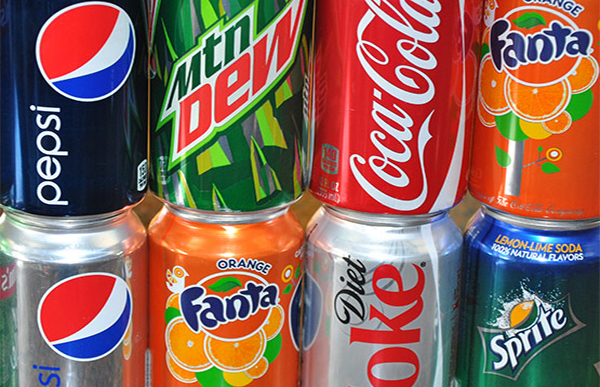Kerby Anderson
On the campaign trail and in university classrooms, capitalism and the free market are under attack. Defenders of a free market system make a convincing case for the economic benefits of capitalism. Adam Smith, for example, emphasized its efficiency but said little about its morality. That is a bit strange given that he was a professor of moral philosophy.
When defenders of capitalism ignore the moral issue, it allows socialists (like Bernie Sanders and Alexandria Ocasio-Cortez) to criticize the injustice of capitalism. Dinesh D’Souza in his book, United States of Socialism, doesn’t ignore the issue of justice but actually embraces it.
Capitalism, he says, “far more than socialism, reflects the will of the people and expresses democratic consent.” A consumer is like a voter. As a citizen, we get to vote in an election every two to four years. But a consumer gets to vote every day with his or her dollar bills. That money represents the time and effort put in to get those dollar bills.
Citizens participate in a system of representative democracy (where their views are filtered through politicians who represent them). But a consumer votes in a system of direct democracy. You can choose Coke or New Coke or Pepsi or Dr. Pepper. You choose Fox over MSNBC and prefer an iPhone to another cell phone. You exercise your preferences by paying for it yourself.
The free market provides you a level of political participation and democratic consent that politics can never provide. You get to vote every day with your dollars and send economic signals to people and companies providing goods and services. Essentially, capitalism, like democracy, is a clear form of social justice.
 Listen Online
Listen Online Watch Online
Watch Online Find a Station in Your Area
Find a Station in Your Area










 Listen Now
Listen Now Watch Online
Watch Online
